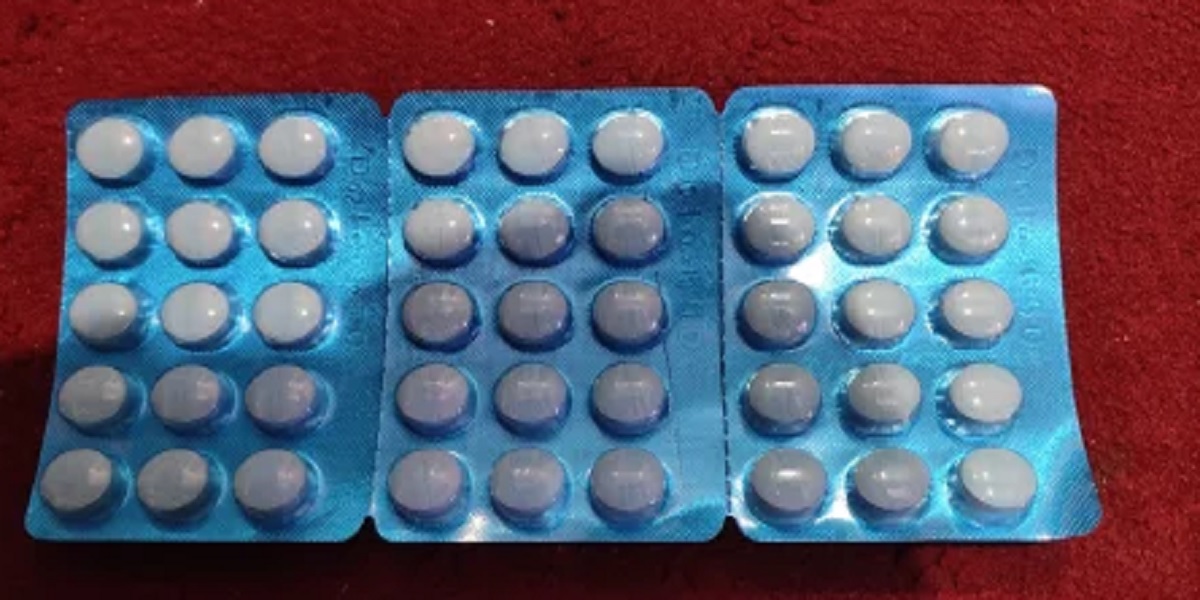The State Drugs Controller has ordered all medical traders and hospitals to return the affected stocks to suppliers immediately and inform the district drug control offices.
Published Nov 13, 2025 | 3:03 PM ⚊ Updated Nov 13, 2025 | 3:03 PM

Healer's Lab was blacklisted in June 2025 after the Community Health Centre at Narikkuni in Kozhikode reported finding a metal piece inside a Paracetamol tablet supplied by the company.
Synopsis: The Kerala Health Department has directed the KMSCL to withdraw the two-year blacklisting imposed on Healer’s Lab, a Uttar Pradesh-based pharmaceutical company accused of supplying a Paracetamol tablet contaminated with a metal fragment. The State Drugs Controller has also ordered all medical traders and hospitals to return the affected stocks to suppliers immediately and inform the district drug control offices.
The Kerala Health Department has directed the Kerala Medical Services Corporation Limited (KMSCL) to withdraw the two-year blacklisting imposed on Healer’s Lab, a Uttar Pradesh-based pharmaceutical company accused of supplying a Paracetamol tablet contaminated with a metal fragment.
The decision comes even as the state intensifies its surveillance on medicine quality, with multiple bans and recalls issued over the past two months.
Healer’s Lab was blacklisted in June 2025 after the Community Health Centre at Narikkuni in Kozhikode reported finding a metal piece inside a Paracetamol tablet supplied by the company. Following a verified complaint, KMSCL barred the firm from participating in government tenders for two years.
However, the company approached the Kerala High Court challenging the decision, arguing that the sample tested was not in its original blister pack and that no conclusive evidence proved the tablet originated from its production line.
It also pointed to its unblemished record, claiming to have supplied over 20 crore tablets in 2023–24 without incident. The high court directed the government to review the blacklisting within three months.
During the review, the Health Department found procedural lapses, including delayed sample submission and absence of a confirmatory laboratory report, which made it impossible to establish liability. Based on these findings, the department instructed KMSCL to remove the firm from the blacklist and allow it to resume business with the state.
Even as the government granted relief to Healer’s Lab, the State Drugs Control Department has intensified its crackdown on substandard medicines. On 6 November, authorities banned the sale and distribution of 14 batches of allopathic and Ayurvedic drugs that failed routine quality tests conducted in October 2025.
The State Drugs Controller has ordered all medical traders and hospitals to return the affected stocks to suppliers immediately and inform the district drug control offices.
The banned products were manufactured across several states, including Himachal Pradesh, Uttarakhand, Gujarat, Assam, and Nagaland. The list spans antibiotics, painkillers, diabetic medicines, and traditional formulations such as Yogaraja Gulgulu.
Officials said that the tests were part of routine state-level drug quality surveillance, and that stern action would follow against any manufacturer found to have breached the quality standards under the Drugs and Cosmetics Act.
Among the 14 batches banned were,
Consumers have been urged to verify batch numbers before purchase and report any suspected substandard drugs to authorities.
The November bans follow similar actions in October when the Health Department ordered the suspension of certain cough syrups after reports of child deaths linked to contaminated products.
The state halted the sale and distribution of medicines from two firms — Sreesan Pharmaceuticals of Tamil Nadu and Rednex Pharmaceuticals Pvt Ltd of Gujarat — after quality tests failed.
Tamil Nadu’s Drugs Controller has since begun proceedings to cancel Sreesan Pharmaceutical’s licence, while Kerala directed that none of its products be sold within the state.
Similarly, Respifresh TR Syrup (60 ml, Batch R01GL2523) by Rednex Pharmaceuticals was withdrawn after failing quality standards.
Authorities clarified that the cough syrups were not part of government hospital supplies and warned private establishments against dispensing medicines for children under 12 without a valid prescription.
Officials maintain that these measures are part of a larger effort to ensure the integrity of medicines sold in Kerala. The Drugs Control Department continues routine surveillance, with testing laboratories checking thousands of samples each year for potency, safety, and contamination.
The Health Department has reiterated its zero-tolerance policy toward violations, emphasising that consumer safety will not be compromised—even as companies like Healer’s Lab receive procedural reprieve.
(Edited by Muhammed Fazil.)
